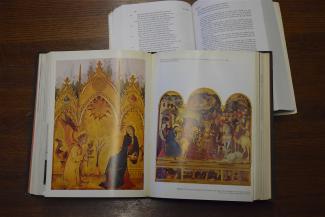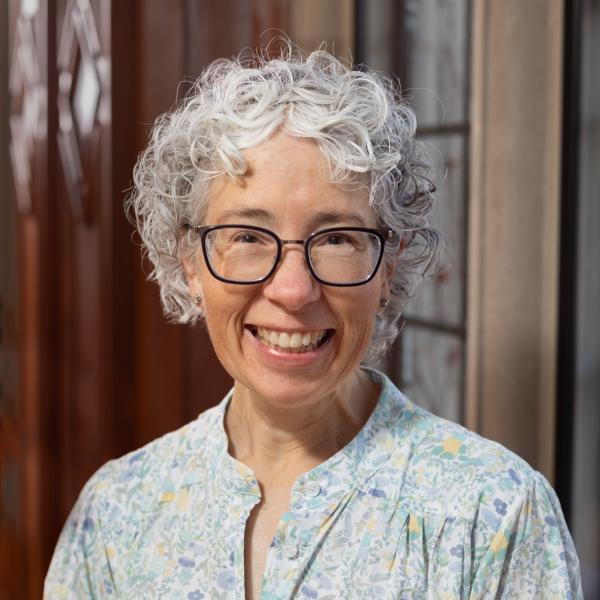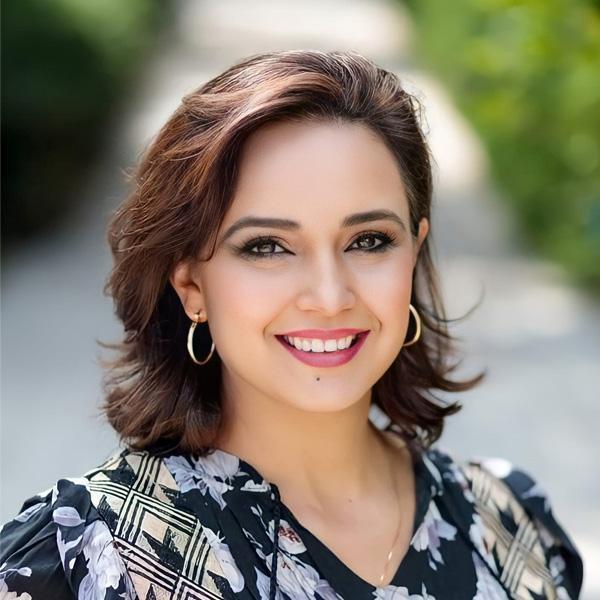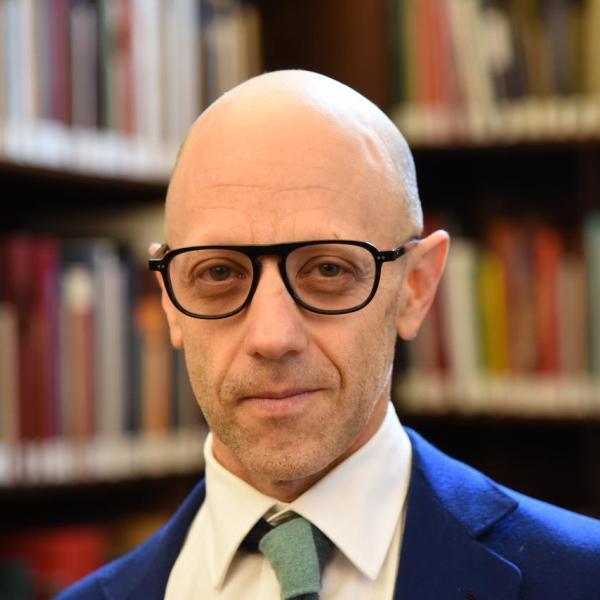
The robust faculty of the Department of Romance Languages and Literatures have expertise in the language, literature, and culture of the French, Italian, Spanish, Portuguese, and Catalan languages. The Department encourages the study of literary history, established and current critical methodologies, literary theory and analysis, the sociology of literature, literature and history, cultural studies, films, and foreign language acquisition and pedagogy. MAPH students interested in Romance Languages and Literatures may supplement their MAPH year with courses in Art History, Comparative Literature, English Language and Literature, Gender and Sexuality Studies, Poetry and Poetics, and Theater and Performance Studies.
Selected Faculty
Sample Courses
SPAN 46000 - A Nervous Archive: Sensationalism and the Arts in the Americas (Sergio Delgado Moya)
This seminar explores sensationalist journalism – and crime tabloids in particular – as an understudied archive of a certain kind of violence: the violence that falls on the most marginalized segments of the population. The seminar covers the years between the 1950s and 1980s, a bourgeoning time for crime tabloids in the Americas and a pivotal period in the history of violence in the region. It brings together works from painters, writers, filmmakers, journalists, and photojournalists from Mexico, Colombia, Chile, and the United States. The course is transnational in scope and structure, and it aims to provide a panoramic picture of the forms of violence (rural displacement, rising urban crime, racial oppression, dictatorship, violence by sexual means, war) that gained visibility in the decades after WWII.
FREN 32910 - Medieval Beasts (Daisy Delogu)
French anthropologist Claude Lévi-Strauss famously said that animals are good to think with. In this course we will read a variety of medieval texts alongside modern and contemporary critical theory and philosophy in order to gain a better understanding of the narrative, material, philosophical, spiritual, and ethical roles that animals play in medieval culture and in our current lives and thought.
PORT 35000 - The Amazon: Literature, Culture, Environment (Victoria Saramago)
This course proposes a cultural history of the Amazonian region. Through films, novels, visual arts, essays, manifestos, and works on cultural and environmental history, we will explore the history of Amazon from a range of perspectives. We will examine indigenous cultures and epistemologies, extractivist activities, environmental policies, contemporary literature and film, and a global imagination of the Amazon. Authors and projects may include Claudia Andujar, Gaspar de Carvajal, Milton Hatoum, Euclides da Cunha, Ciro Guerra, Susanna Hecht, Davi Kopenawa, Ailton Krenak, Chico Mendes, Daniel Munduruku, Lúcia Sá, Silvino Santos, Candance Slater, Mario Vargas Llosa, Eduardo Viveiros de Castro, Video in the Villages, among others.
ITAL 32900 - Vico’s New Science (Rocco Rubini)
This course offers a close reading of Giambattista Vico's masterpiece, "The New Science" (1744) - a work that sets out to refute "all opinions hitherto held about the principles of humanity." Vico, who is acknowledged as the most resolute scourge of any form of rationalism, breathed new life into rhetoric, imagination, poetry, metaphor, history, and philology in order to promote in his readers that originary "wonder" and "pathos" which sets human beings on the search for truth. However, Vico argues, the truths that are most available and interesting to us are the ones humanity "authored" by means of its culture and history-creating activities. For this reason the study of myth and folklore as well as archeology, anthropology, and ethnology must all play a role in the rediscovery of man. "The New Science" builds an "alternative philosophy" for a new age and reads like a "novel of formation" recounting the (hi)story of the entire human race and our divine ancestors.
FREN 35600 - Realism and its Returns in 20th-Century France (Alison James)
This course will examine the influence and continuation in twentieth-century French literature of the great realist enterprise of the previous century. Beginning with the crisis of naturalism in the late nineteenth century, we will consider the inflections given to literary representation by historical cataclysm, the avant-garde critique of the novel, and the postwar "age of suspicion." We will investigate the reformulations of literature's relationship to reality offered by theories of literary commitment and by the experiments of the Nouveau Roman. Finally, we will evaluate the phenomenon of the "return to the real" in contemporary French literature. Readings will include works by Aragon, Céline, Sartre, Robbe-Grillet, Sarraute, Perec, and Pierre Michon. Taught in French.
A complete listing of offerings is available at the Department’s course page.
Romance Languages and Literature Specialization
The Romance Languages and Literatures Specialization allows students to structure their coursework and thesis around the study of Romance Languages within MAPH. Students who complete the following requirements will receive a Romance Languages and Literatures transcript notation:
- MAPH Core course (Foundations of Interpretive Theory)
- At least five elective graduate-level courses in one or more Romance languages taught by the RLL department
- Language proficiency in at least one Romance language, demonstrated by passing the Practical Language Proficiency Assessment administered by the CLC (for French, Italian, Spanish, or Portuguese) OR by completing an advanced language course (204 or higher)
- Completion of a thesis on a topic related to romance languages, literatures and cultures
Please direct any questions you may have about specializing in Romance Languages and Literature to maph-support@uchicago.edu.
Recent Romance Languages and Literatures Thesis Projects
“Calderón de la Barca y el espacio queer de la comedia aurisecular: Un estudio de Afectos de odio y amor y La hija del aire”
Haden Ringel, MAPH ‘25
Advisor: Miguel Martinez
"The Story of his “I”: The Affective Performance of the Lyric Subject in Baudelaire’s Les Fleurs du Mal"
Olivia Goldring, MAPH '20
Advisor: Alison James
"Ponto de Encontro no Meio do Oceano: The Lhe and Other Variants of the Second Person Singular Indirect Object Pronoun in Portuguese as a Foreign Language"
Elizabeth Issert, MAPH '20
Advisor: Dain Borges
"Knowledge, Gender, and the (Re)Configuration of the Sor Juana Icon in Jesusa Rodríguez’s Primero Sueño"
Jennifer Jouriles, MAPH '20
Advisor: Danielle Roper



